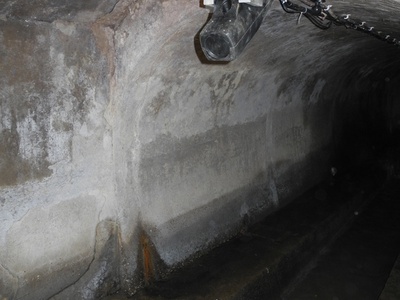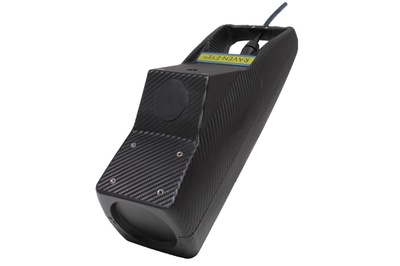Real-time observations & alarming
The Regional Government of Brussels Capital through its Water Division, decided to install a wide network of flow monitoring stations for data collection, real-time observations & alarming.
The main activity of Flow-Tronic S.A., founded in 1989, is based on water measurements. Velocity, level and flow are measured in wastewater (open channels, rivers, etc…) as well as in drinking and clear water (distribution water, cooling water, etc…). Data is displayed locally, logged or transmitted by wire, radio, GSM or GPRS.
Following customer’s specifications and requests, and in front of sites configuration, we are in a position to offer different measuring techniques such as electromagnetic or ultrasonic sensors for velocity; radar, ultrasonic or pressure sensors for liquid levels; and combinations of electromagnetic, radar or ultrasonic sensors for flow calculation. We offer a unique non-contact flowmeter combining a level measurement with an ultrasonic sensor and a velocity measurement with a radar sensor. A surcharge sensor can be added and in this case, measurements are uninterrupted and there is no loss of data if the sensor is submerged.
End of 2001, we signed with the Ministry of Brussels Capital Region – Water Division a contract for the study, delivery, installation and maintenance of a network of 90 stations on the whole territory of Brussels. Currently, about 30 stations are installed and data is available on Ministry’s computers and hosted on a website. This site will soon be public for the main measurements and detailed information will only be accessible with a password for concerned professional people.
During 2002 and 2003, we delivered and installed different networks of measuring stations in South Tyrol (North of Italy). The wastewater plants requested from the municipalities a correct count of the water quantities sent to the treatment plants. The difficulty to install perfect working material in this mountainous region was a reason of the elimination of numerous tenderers. We sold there about 40 stations, with a quantity of 17 only in Merano.
In 2004 and 2005, the Andalusian Municipality of Cordoba in Spain ordered through our Spanish representative about 25 stations, combining precipitation and flow measurements. Data of rain, measured with our rain gauge, and flow, determined with electromagnetic but also with non-contact (ultrasonic / radar) flow meters, are collected by our logging stations and transmitted to a municipal central control post by GSM.
The Regional Government of Brussels Capital through its Water Division, decided to install a network on its territory to collect a maximum of data about water. It concerns rivers, creeks, sluices (on the canal crossing through the town), wastewater pipes and collectors, storm water reservoirs and also pumpstations.
Originally about 80 stations are foreseen for water measurements and 10 (or more) concern rainfall. Since the project started, numerous other sites have been added to the network. All measured values are logged inside each station; the central system connects to all the stations every 15 minutes and the data is transmitted by GPRS. Afterwards the data is available under schematic and graphical forms. Data is put on the website of the Ministry for public consultancy; more detailed information is held only for professional consultancy (password protected).
This very accurate and professional network ordered on base of a public tender won by Flow-Tronic end of 2001. Major tenderers offered either very sophisticated or too simple solutions, while Flow-Tronic introduced an excellent technical offer combined to an interesting pricing.
This tool gives to the Municipality of Brussels a view on water flows on its territory. It allows the Water Division to survey the charge or surcharge of the wastewater collectors network. It informs the concerned town authorities about the situation in the storm water reservoirs with indication of entering and outgoing water volumes as well as inside water levels. It allows to take care to eventual inundations in the district where this happens regularly.


